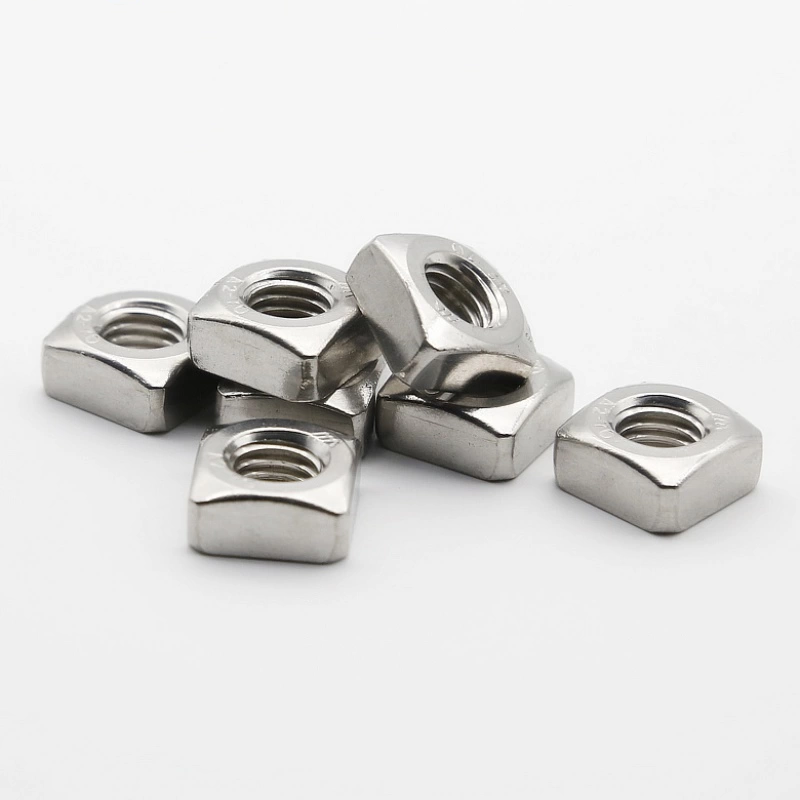

self forming screw
Oct . 07, 2024 05:13 Back to list
self forming screw
Self-Forming Screws Revolutionizing Fastening Technology
In the rapidly evolving landscape of engineering and manufacturing, the quest for efficiency and reliability drives the development of innovative solutions. Among these advancements, self-forming screws stand out as a remarkable technology that is transforming the way we think about fastening. This article explores the concept of self-forming screws, their benefits, and their applications across various industries.
Self-Forming Screws Revolutionizing Fastening Technology
One of the most significant benefits of self-forming screws is their ability to enhance assembly efficiency. By removing the need for pre-tapping operations, manufacturers can streamline their assembly processes, saving time and labor costs. In high-volume production environments, this translates to substantial savings and improved productivity. Additionally, the compatibility of these screws with various materials, including plastics and metals, widens their application spectrum, making them versatile tools for engineers and designers.
self forming screw

The design of self-forming screws is another critical aspect that contributes to their effectiveness. These screws often feature uniquely shaped threads and a specialized tip that aids in the formation of threads as they are being driven in. This innovative design reduces the risk of material damage during the fastening process, ensuring that the integrity of the workpiece is maintained. Furthermore, the ability to create strong, durable joints without compromising the substrate material makes self-forming screws an attractive choice for businesses that prioritize quality and longevity in their products.
Self-forming screws are increasingly used in various industries, including automotive, electronics, and construction. In the automotive industry, for example, they are employed in assembling components where space is limited, and rapid assembly is critical. Similarly, in electronics, self-forming screws are used in housing assemblies to secure delicate components without causing damage. The construction industry benefits from this technology through the ease of installation and reliable fastening in structural applications.
In conclusion, self-forming screws represent a significant advancement in fastening technology. Their ability to simplify assembly processes, reduce labor costs, and create strong, durable joints makes them an invaluable asset across various industries. As manufacturers continue to seek innovative solutions to improve efficiency and quality, self-forming screws are poised to play a crucial role in the future of engineering and manufacturing. The continued evolution of this technology promises to drive further advancements in product design and assembly methods, paving the way for a more streamlined and efficient industrial landscape.
Latest news
-
High-Strength Hot Dip Galvanized Bolts - Hebei Longze | Corrosion Resistance, Customization
NewsJul.30,2025
-
Hot Dip Galvanized Bolts-Hebei Longze|Corrosion Resistance&High Strength
NewsJul.30,2025
-
High-Strength Hot-Dip Galvanized Bolts-Hebei Longze|Corrosion Resistance&High Strength
NewsJul.30,2025
-
Hot Dip Galvanized Bolts-Hebei Longze|Corrosion Resistance&High Strength
NewsJul.30,2025
-
Hot Dip Galvanized Bolts - Hebei Longze | Corrosion Resistance, High Strength
NewsJul.30,2025
-
High-Strength Hot Dip Galvanized Bolts-Hebei Longze|Corrosion Resistance, Grade 8.8
NewsJul.30,2025

